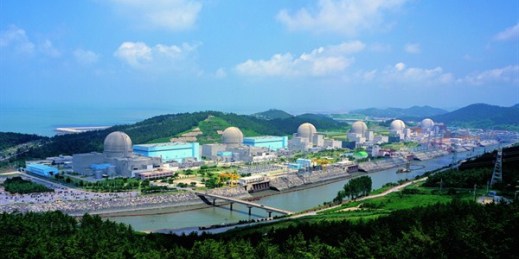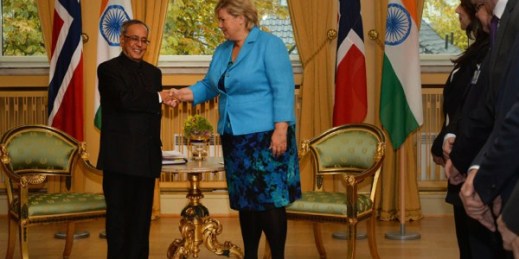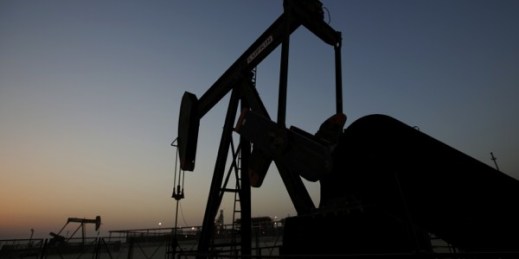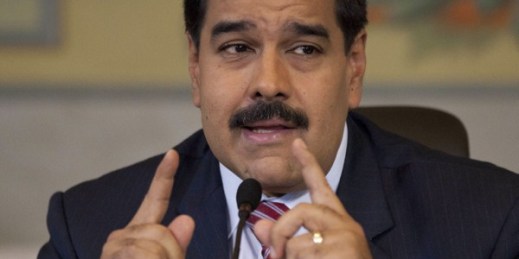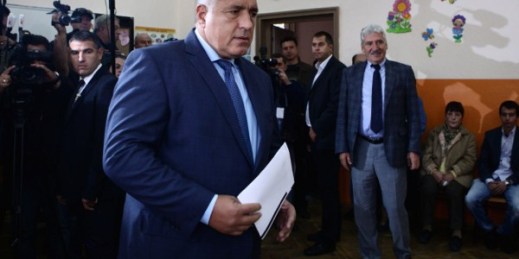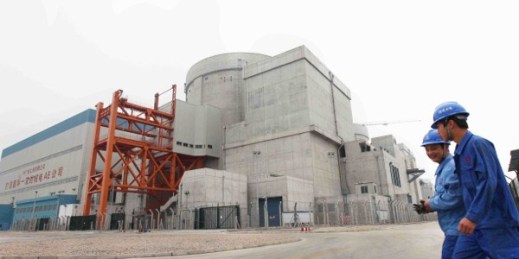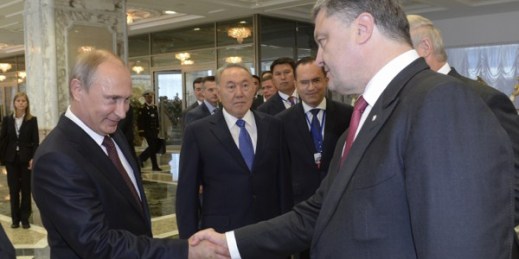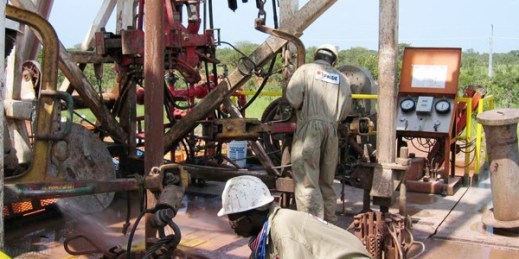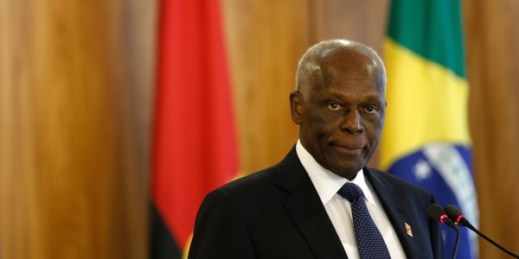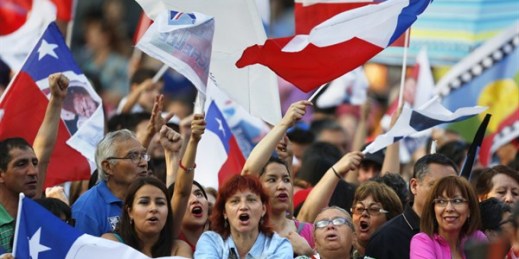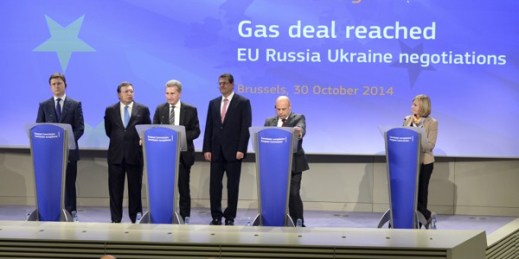
Yesterday, Russia and Ukraine reached a gas deal after months of tense negotiations against the backdrop of violence in Ukraine’s east that has left more than 3,700 people dead. The agreement took place just days after Ukraine’s snap parliamentary elections, which showed surprisingly robust support for pro-European parties. But challenges remain, both in the east, where pro-Russian separatists will stage their own unsanctioned elections this weekend, and in Kiev, where the government must overcome a legacy of corruption and dysfunction. The elections have been hailed as a triumph in the West, and for good reason. Ukrainians resoundingly rejected the far-right […]

